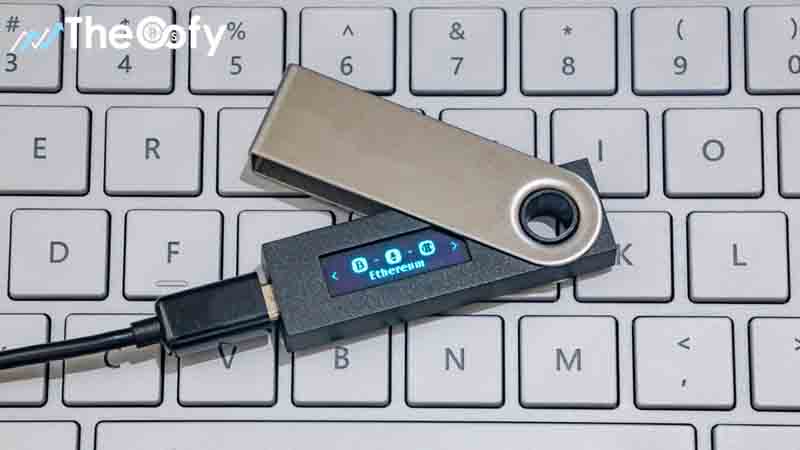$60 million user funds have been lost by Zaif from Japan, not long after Bithumb and Coincheck hacks, which were deemed as successful. These three exchanges were meant to get hacked with their inadequate security precautions.
Specifically, Coincheck, losing over $500 million in XEM, which is the native cryptocurrency of NEM, really challenged the investors from Japan when the CEO of the company, Koichiro Wada, told that they did not have adequate security experts for the exchange.
Wada: “We were aware we didn’t have enough people working on internal checks, management and system risk. We strived to expand using headhunters and agencies, but ended up in this situation.”
In one of their official statements, the NEM team indicated as well that there was an automatic tagging system for tracing the funds of the Coincheck investors and the security system exchange was poorly configured.
Likewise, South Korea and local security companies gave Bithumb an earful, which in turn resulted in closing the exchange for over a month and restoring its domestic management systems.

Table of Contents
These Problems Can Be Addressed with Decentralized Systems
In order to ensure trading in a P2P manner, smart contracts are used on a solid blockchain network by Ethereum-based decentralized crypto exchanges, such as IDEX. For hackers, it is not possible to hack P2P networks, so decentralized exchanges are immune to hacks and security breaches.
Cryptocurrencies are traded with non-custodial wallets such as Trezor, Ledger, and MetaMask by users on on decentralized exchanges including IDEX. Thus, users are always in control of their funds by linking their non-custodial wallets to such exchanges.
Unless the transactions are irreversibly conducted on Ethereum’s main network, the funds remain in the users’ wallets. In this respect, these funds do not get in danger or turn out to be vulnerable against potential attacks.
Before their integration in centralized exchanges, some specific group of investors are already prone to invest in recently launched low liquidity crypto under the impact of decentralized exchanges.
In order to get liquidity, the recently launched ERC20 tokens and crypto incorporate their assets in P2P digital asset trading media first, because this does not require any capital, and target centralized exchange integration afterwards.
In terms of user-friendliness, as most of the decentralized exchanges can work with Ethereum wallets, this is not so complicated when comparing to the centralized exchanges. The investors, who are already technically familiar to the process, can readily adapt the extra steps necessary for decentralized alternatives.
Decentralized Exchanges vs. Centralized Exchanges?
Hester Peirce, US Securities and Exchange Commission (SEC) commissioner, indicated that “only a very particular type of investor can pursue the diversification opportunities such assets can provide,” hence, in order to trade cryptocurrencies in the market, there is a need for some skills, as previously reported by CCN.
Cryptocurrency trading on exchanges has its own market, and a user-friendliness and promotions will possibly allow, as an alternative, the exploration of decentralized exchanges.




